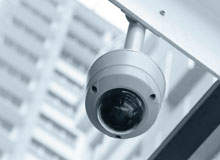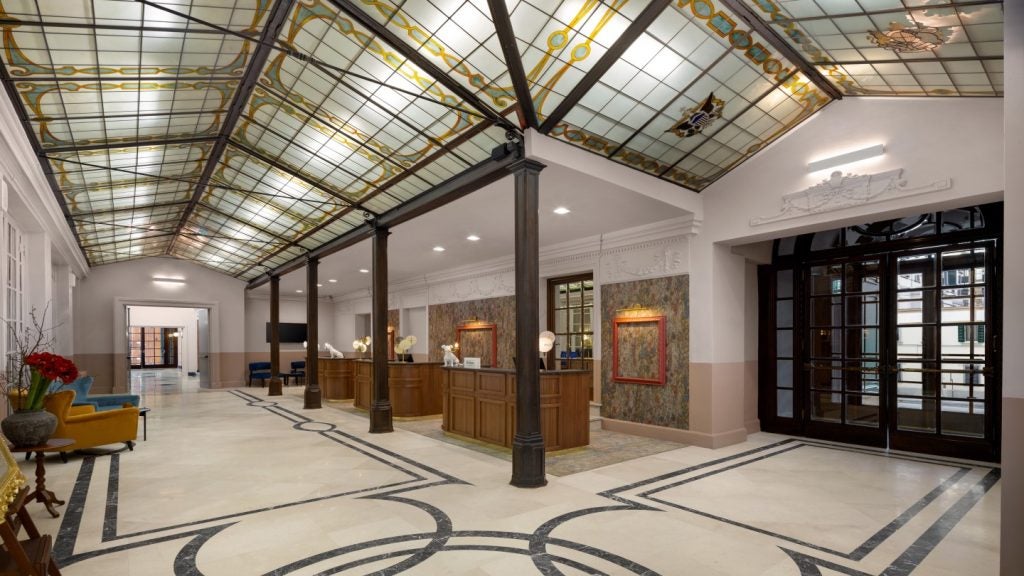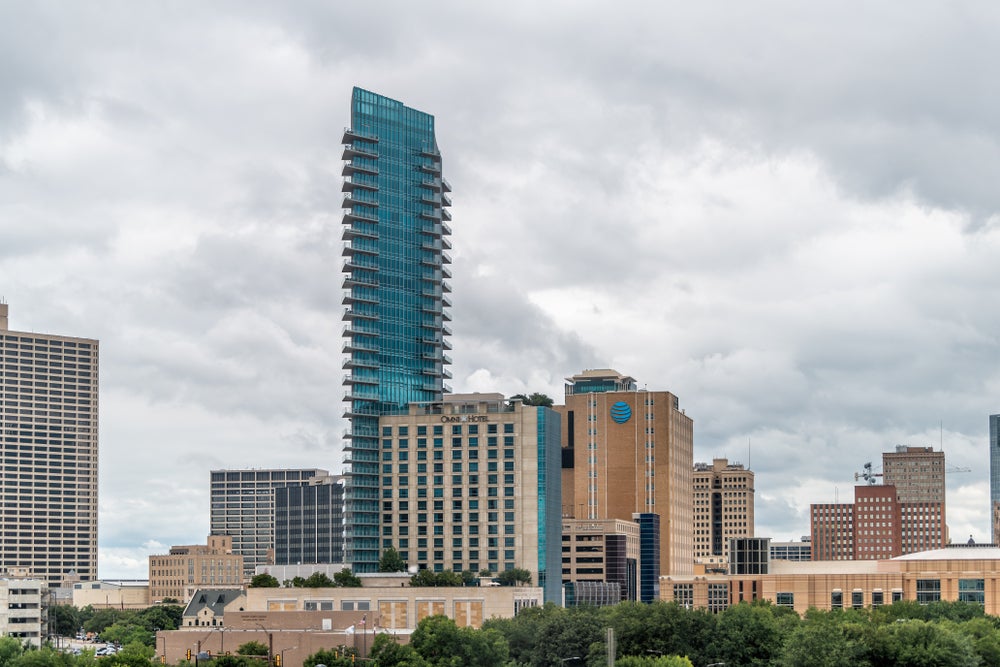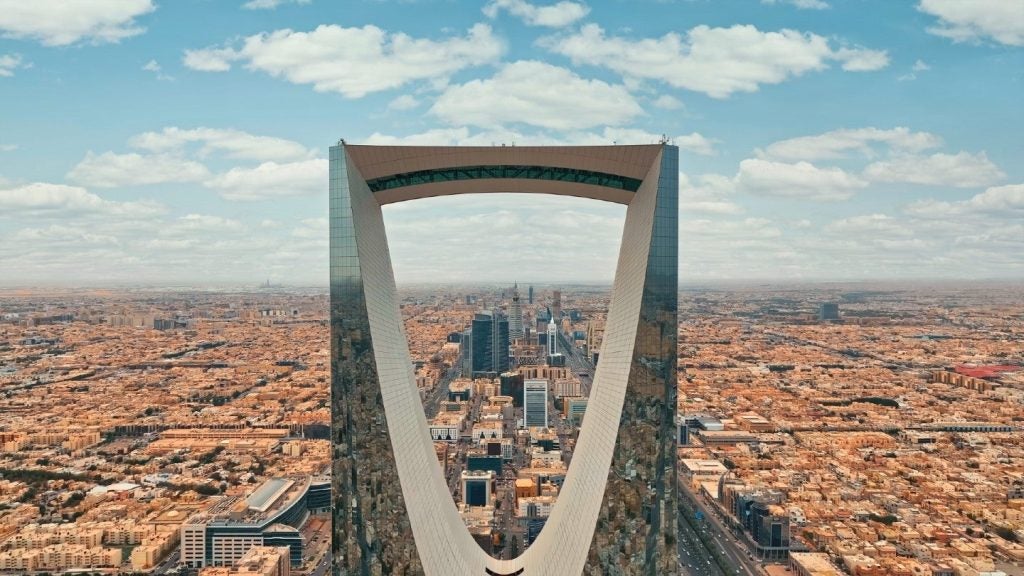
Ensuring a safe and secure environment for staff and guests is a priority for any hotel, and one in which modern technology plays an increasingly crucial part. The latest systems can be used to help protect against physical threats, while the growing frequency of data breaches makes new technology an essential tool in tackling cybercrime.
However, security measures need to be discreet, and it is essential to strike the right balance between safety and intrusiveness. For Gregoir Chikaher, global and European hotel business leader at engineering firm Arup, recent advances have allowed hotels to improve their security systems. “Security methods have become more technically advanced and, because of this, harder to breach,” he explains. “Many properties allow the guest to book online with a credit card, and, in doing so, enable the hotel to collect information that it can use to verify the person as they check in. This system can also be used to run credit checks. If the guest has an unpaid bill at another branch, for example, this can help safeguard the hotel against incurring further financial loss.”
CCTV, long-established as a basic safety measure, is also becoming more sophisticated. “CCTV systems have become much more proactive,” continues Chikaher. “Not only do cameras provide a level of general surveillance, they can now detect items such as bags abandoned in public areas, provide automatic number plate recognition for pre-registered guests and employee vehicles, and detect when a person is in a sensitive area.”
Collectively referred to as video content analysis, CCTV cameras now require less manned monitoring and only need responding to on an exceptional basis. Likewise, other security measures, such as card key systems, have also reduced staffing requirements.
Data security is an increasingly important issue for hotels, with major brands such as Radisson and Wyndham Hotels and Resorts just two of the growing number of businesses that have fallen victim to hackers. “The hospitality industry has some unique security challenges surrounding data protection, data privacy and physical security,” says Kevin Richards, president of the Information Systems Security Association. “In many ways technology has increased the speed and volume, and therefore the impact of attacks. Hotels manage a significant amount of personal data, including credit card numbers, addresses and affinity programme information.”
See Also:
Guest internet access can also be a weak point in a hotel’s defences. “Attackers can monitor and track guest activities and look for credit card information, user credentials and other sensitive data,” he adds. “Because this is not an attack on the hotel’s systems, many of these activities could go undetected.”
How well do you really know your competitors?
Access the most comprehensive Company Profiles on the market, powered by GlobalData. Save hours of research. Gain competitive edge.

Thank you!
Your download email will arrive shortly
Not ready to buy yet? Download a free sample
We are confident about the unique quality of our Company Profiles. However, we want you to make the most beneficial decision for your business, so we offer a free sample that you can download by submitting the below form
By GlobalDataHowever, there are ways in which the industry can protect itself, such as separating the guest and hotel networks. “Information security can be a challenge for any industry that wants to provide convenience to its customers,” continues Richards. “The reality is that travellers want to be able to do business while staying at a hotel. They want to check their personal email and social networking sites and do everything they would in the office or at home.” Technology brought into the property by guests can also cause problems. “The fact that hotels don’t control endpoint devices is a particular challenge as computer malware can easily be introduced,” he adds. “Furthermore, with data stores containing a potentially large repository of critical information, they are higher profile targets for attackers to pursue.”
Balancing act
The introduction of security technology can be something of a delicate balance for hotels, however. On the one hand, it is necessary to create a safe environment while on the other, security measures need to be discreet and unobtrusive. “Many issues, such as the risk of theft, are understood by the operator and the guest, who will expect a level of security that is representative of the threat posed,” says Chikaher. “Not all methods of surveillance are seen as intrusive. For example, the presence of CCTV in public areas such as lobbies or corridors can often make people feel more secure. However, visiting a hotel should be a leisurely experience, where guests can slow down and relax. They are not prisons, and therefore you can’t restrain people too much.”
Chikaher also believes it is important to recognise the limitations of security technology. “You can have the most sophisticated systems in place but if someone is determined and clever enough these can be circumvented,” he warns. “People have caused atrocities by taking on fraudulent identities to avoid detection, for example. You will always need people to be vigilant at reception and other access points, to watch for suspicious behaviour and guide people in the right direction to where they should and shouldn’t be, especially in higher risk establishments.”
Future security policies will continue to rely heavily on emerging technology. “We can expect to see new measures such as people-recognition technologies, which may use PIN codes, fingerprint, voice and iris readers to make it harder for people with ulterior motives to enter,” says Chikaher. “When used to register a guest, this biometric information may then be used to authenticate room access, purchase goods and services, and allow access to additional or privileged facilities such as gyms and spas.”
It will also be possible to book accommodation using a smartphone, which in turn will send profile information back to the hotel, including spending habits, dietary and accommodation preferences, as well as other details such as credit rating and criminal history.
“While the availability of this information may be undesirable, it would be invaluable in terms of security and protection processes, as well as useful for the operator,” Chikaher adds. “However, in developing the use of technology in hotel security, the balance between protection and providing the right hospitality experience will always be an integral factor.”







